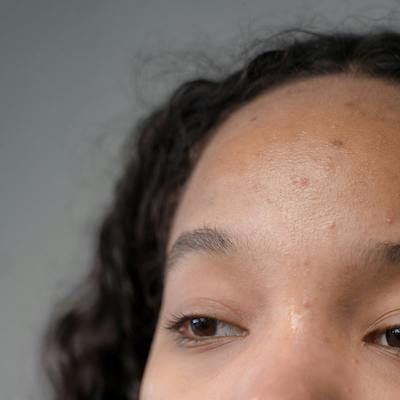Article
Brad Glick, DO: Improving Atopic Dermatitis Outcomes
Author(s):
How new agents, improved study outcomes, and priority on diagnosis has bettered the state of dermatologic care.
The introduction of biologic and small-molecule drug classes to dermatology have altered the treatment strategy for inflammatory diseases such as psoriasis and atopic dermatitis.
But other factors in patient care—initial diagnosis, quality of life outcomes—weigh just as much in the improvement of the field. In an interview with MD Magazine®, Brad Glick, DO, dermatologist and principal investigator for GSI Clinical Research, detailed the improvements being made to the dermatology field.
MD Mag: What is the current state of care in atopic dermatitis?
Glick: In the last 20-plus years, we’ve learned so much about inflammation in the skin. And it's really applicable not just to psoriasis, but atopic dermatitis as well. And I think because of these incredible discoveries—the discovery of various cytokines and interleukins, as we call this—have really been quite helpful in launching our understanding of these inflammatory disorders like psoriasis.
But it is also translated to atopic dermatitis, as well. And I think it's one of the reasons why we have such a plethora of drugs that are going to be coming in that space, as well. And of course, while for instance we have 11 approved biologic therapies for treating psoriasis right now.
MD Mag: How have new therapy assessments prioritized patient-centric outcomes?
Glick: I think from a practical standpoint—and I practice in the trenches as well—we see these outcomes. And I think when we think of clinical studies and clinical trials, we think of how the skin looks. But I think the new generation not only of studies, but discussion, is really how patients feel.
Patient-reported outcomes—PROs, we call them. And so, I think those outcomes have been significant, particularly with our first systemic biologic therapy for atopic dermatitis. And we haven't had anything really in many, many years to treat this condition, except for topical therapies.
And it's not really an outside disease. It's an inside disease, much like psoriasis in that regard.
MD Mag: What is the significance of early diagnosis and specialist referral in the treatment of atopic dermatitis?
Glick: I think the sooner we treat any disease state, the better, with almost any condition. But where autoinflammatory diseases like psoriasis are concerned, the less inflammatory burden that I receive from my patient—whether they're coming to me directly or from a primary care physician, or from another physician, colleagues—the sooner I see them, the better.
And because I can intervene with this plethora of agents that we have right now—and I think the important story now is that we can practice precision medicine, we can treat this heterogeneous condition like psoriasis, its host of comorbid conditions associated with it, and tailor the treatments specifically for the presentation to the patient.
So, the earlier we see them, the better. We can jump on their condition and understand their particular presentation, because each patients can be a little bit different. Their comorbid conditions, their medication profiles are going to be a little bit different. And we have agents right now that can allow us to be able to tailor our treatment protocols for those individuals.





